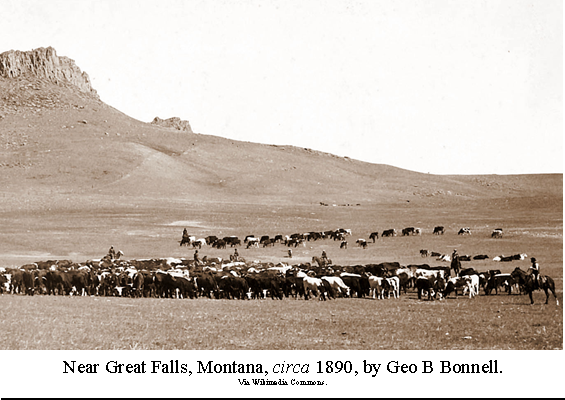The Case for Anonymous Leadership
In modern society, leadership is frequently equated with superiority or an authoritarian position. Since Howard E. Butt Jr.’s The Velvet Covered Brick first appeared in 1973, the concept of servant leadership has made the circuit of leadership seminars. The servant leader concept espoused today by Warren Bennis and other leadership “gurus” is far different from what Butt, and even the Bible, had to say.
Moses was a humble man whose servitude was to God. What God said, Moses did. In the illustration of the regatta, each oarsman knew his responsibility and fulfilled it with regard to winning the race. Devotion to God is paramount. If that is not there, the whole enterprise, whatever it may be, suffers.
One of the most influential books upon this writer is Oswald Chambers’ So Send I You which emphasized that service is first rendered to God before anything else is attempted. God is the sender, not people. Service to others is bondage of the worst kind as it scatters energy. Servitude to God conserves and energizes whatever is attempted. The oarsmen in the regatta do not look around to see what the others are doing or not doing. Their concentration is upon winning the race. Servanthood and service consists of what is rendered to God within an situation and within any enterprise. Herein lays good leadership.
 Moses’ leadership lay in his identification with his people. He was part of that people as a descendent himself of Abraham, Isaac, and Jacob. He was also totally given over to God’s direction. He conversed with the Lord. “Thus the Lord used to speak to Moses face to face, just as a man speaks to his friend” (Exodus 33:11). What transpires within this kind of relationship has a direct effect upon how we talk or converse with others and makes or breaks a team effort.
Moses’ leadership lay in his identification with his people. He was part of that people as a descendent himself of Abraham, Isaac, and Jacob. He was also totally given over to God’s direction. He conversed with the Lord. “Thus the Lord used to speak to Moses face to face, just as a man speaks to his friend” (Exodus 33:11). What transpires within this kind of relationship has a direct effect upon how we talk or converse with others and makes or breaks a team effort.
There are biblical roots going back to Old Testament times and within the ancient Israelite village. The life of the village lay within the combined wisdom of its elders. Nothing is ever said of a presiding elder. Together they decided and then acted together. They argued and contended with each other but in the end a common mind prevailed. No two snowflakes are alike but they can stick together and in that unity create a blanket of snow that can stall traffic. Where is the leader?
The description of the early Church in Acts of the Apostles shows this same character. We do not have a picture of any one declared leader. What is shown are the portraits of several outstanding personalities from Peter, Stephen, John, Philip, Paul, James, Barnabas and others. In Acts 11. Peter answers for himself before the whole Jerusalem and Judaean community of believers for the welcoming in of Cornelius’ household composed of Europeans and not Jews. When he told of the descent of the Holy Spirit upon that household, those who heard him “had no further objection and praised God” (Acts 11:18). They had differed at first then praised God together.
Category: Ministry, Spring 2011


